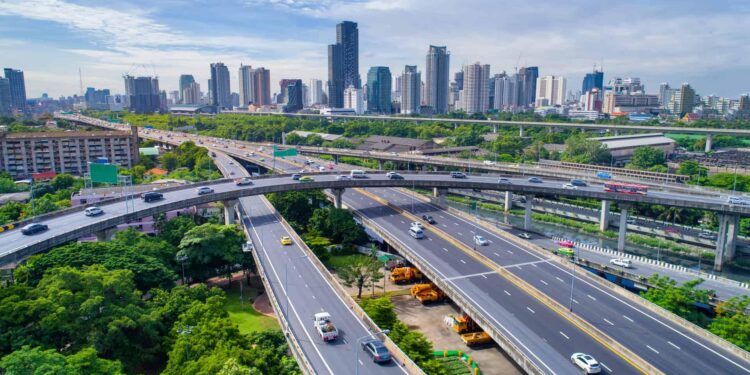Urban Growth and Ecosystem Health in China’s Changchun–Jilin Corridor: Navigating the Path to Sustainable Development
As urban areas in the Changchun–Jilin corridor of northeastern China rapidly expand, understanding the environmental consequences of this growth becomes increasingly vital. The region’s accelerating urbanization, driven by demographic shifts and economic ambitions, poses significant challenges to maintaining ecological balance. A recent comprehensive study published on ScienceDirect.com explores how different urban development models influence habitat quality, offering critical insights into harmonizing city expansion with biodiversity conservation. This research underscores the importance of sustainable planning approaches that protect native ecosystems while accommodating human progress.
Consequences of Urban Sprawl on Local Biodiversity
The swift transformation from natural landscapes to built environments in Changchun and Jilin has led to pronounced habitat fragmentation, severely impacting indigenous species. As sprawling cities replace heterogeneous ecosystems with uniform land uses—often dominated by single-crop or heavily modified green spaces—the availability of essential resources for wildlife diminishes drastically. This shift not only reduces habitat size but also disrupts migration corridors and breeding grounds.
Moreover, intensified human activities introduce multiple stressors that further degrade biodiversity:
- Fragmentation Effects: Dividing continuous habitats restricts animal movement and genetic exchange.
- Human-Wildlife Conflicts: Encroachment increases encounters between people and wildlife, often resulting in negative outcomes for both.
- Altered Hydrology: Changes in drainage patterns affect wetlands critical for many species’ survival.
- Soil Disturbance: Construction leads to erosion and nutrient depletion detrimental to plant communities.
| Biodiversity Threat | Main Impact |
|---|---|
| Cities’ Expansion | Diminished habitats for endemic flora and fauna |
| Pollution (Air & Water) | Lowers species diversity across trophic levels |
| Nonnative Species Introduction | Sidelining native plants and animals through competition or predation |
Sustainable Urban Planning: Enhancing Habitat Quality Amidst Growth Pressures
Tackling these environmental challenges requires integrating sustainability principles into urban design within the Changchun–Jilin region. Thoughtful incorporation of green infrastructure can mitigate adverse effects while promoting ecosystem resilience. Key strategies include:
- Create Connected Green Networks: Establishing parks linked by vegetated corridors facilitates wildlife movement even within dense urban fabrics.
- Sustainable Water Practices: Employing rainwater harvesting systems, permeable pavements, and constructed wetlands helps maintain water quality essential for aquatic habitats.
- Mixed-Use Developments with Ecological Sensitivity: Designing neighborhoods that combine residential, commercial, and recreational spaces reduces sprawl pressure on natural areas while preserving pockets of biodiversity.
A collaborative approach involving municipal authorities, local residents, scientists, and NGOs is crucial for successful implementation. Recent evaluations emphasize combining ecological assessments with socio-economic data to tailor interventions effectively according to community needs without compromising environmental goals.
| Development Approach | Effect on Habitat Integrity |
|---|---|
| Traditional Urban Expansion | < td >Severe ecosystem disruption; loss of native species richness















